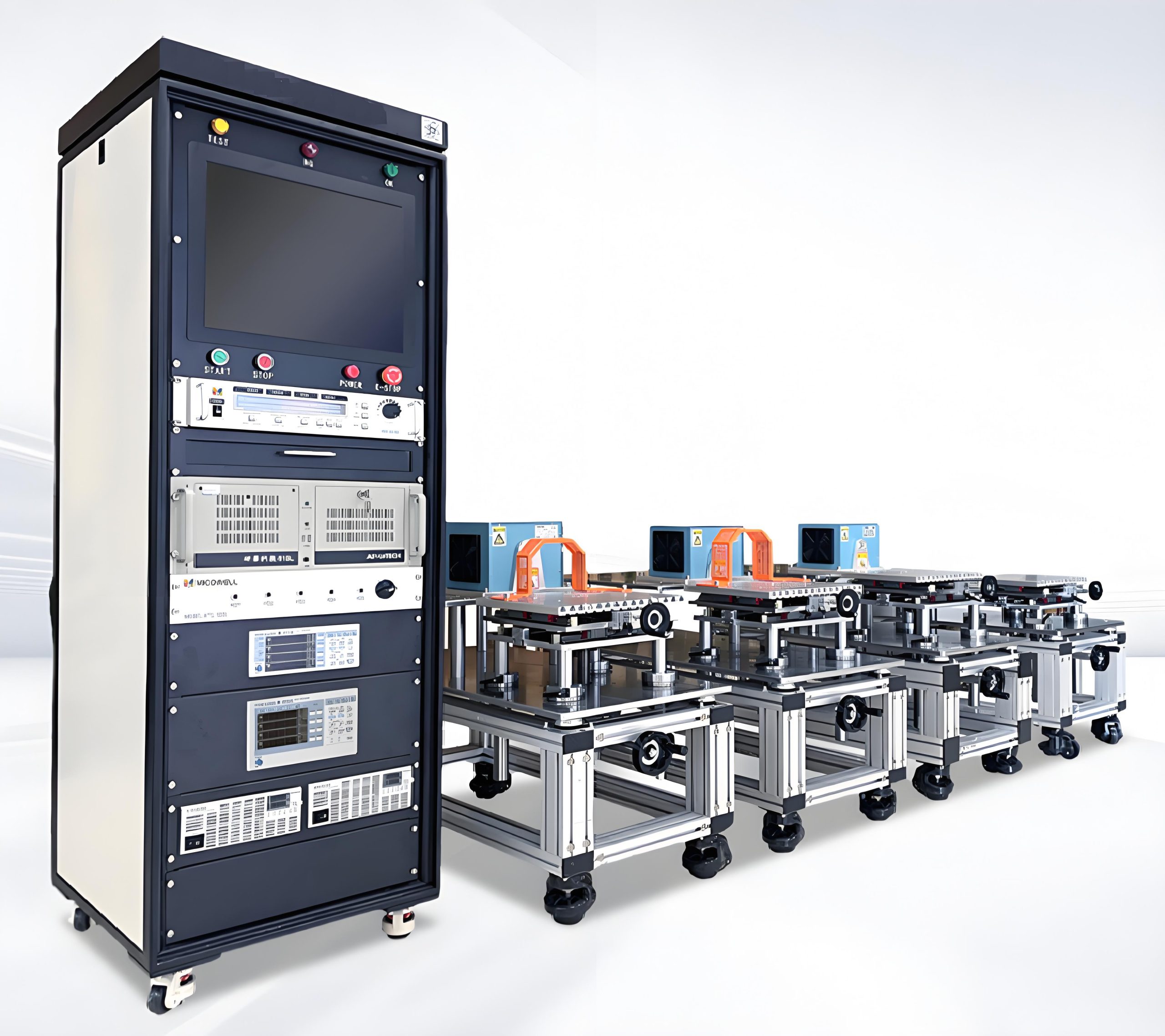
In Closed loop control of motor manufacturing, where innovation races ahead at breakneck speed, one question keeps engineers and industry leaders awake at night: *How do we balance cutting-edge performance with ironclad safety?* The answer lies in a single, unassuming code—UL 1004.
Let’s rewind. Imagine a world without standardized safety protocols for motors. Chaotic, right? From industrial machinery to the humble ceiling fan, motors are the unsung heroes of modern life. But without rigorous testing, these workhorses could become ticking time bombs. Enter UL 1004—the gold standard that separates reliable powerhouses from potential hazards.
WHAT EXACTLY IS UL 1004?
Administered by Underwriters Laboratories (UL), this certification isn’t just a sticker on a product. It’s a grueling gauntlet of tests that evaluates motors for safety, efficiency, and durability under extreme conditions. Think of it as a “survival reality show” for electric motors—only the toughest earn the badge.
Here’s the kicker: UL 1004 isn’t a one-size-fits-all checklist. It’s tailored to motor types—AC/DC, single-phase, three-phase, you name it. Each undergoes specific evaluations:
- Temperature torture: Can the motor handle overheating without melting down?
- Insulation integrity: Will electrical components stay separated when pushed to limits?
- Mechanical endurance: Does it survive vibrations, dust, and moisture that’d make a smartphone weep?
WHY SHOULD YOU CARE?
Picture this: A factory invests in uncertified motors to save costs. Six months later, a motor overheats, igniting a fire that halts production for weeks. The financial bleed? Astronomical. The reputational damage? Irreversible. UL 1004 isn’t just about compliance—it’s insurance against catastrophe.
For manufacturers, the certification is a silent salesperson. It whispers to clients: “This motor won’t just work—it’ll outlive your expectations.” In industries like healthcare or aerospace, where failure isn’t an option, that assurance is priceless.
THE HIDDEN COST OF OVERLOOKING UL 1004
Let’s talk numbers. Non-compliant motors might save 15% upfront but rack up 200% in maintenance, recalls, or legal fees. Worse, they become liability landmines. A single accident linked to poor safety standards can sink a brand overnight.
Consider the case of a Midwestern HVAC supplier. After switching to UL 1004-certified motors, their warranty claims dropped by 40%. Customers reported fewer breakdowns during heatwaves—when systems are pushed hardest. The result? A 22% surge in repeat business.
BEYOND SAFETY: THE EFFICIENCY EDGE
UL 1004 isn’t just a safety net—it’s a springboard for performance. Certified motors often reveal hidden efficiencies. How? The testing process identifies design flaws that sap energy. One automotive supplier found their UL-certified motors used 18% less power while delivering 12% more torque. That’s the sweet spot where safety meets sustainability.
NAVIGATING THE CERTIFICATION MAZE
Getting UL 1004 approval isn’t a walk in the park. It demands collaboration between engineers and certifiers. Pro tip: Involve UL experts early in the design phase. One robotics company cut their certification timeline by 60% by co-developing motors with UL guidelines in mind.
Common pitfalls to avoid:
- Underestimating environmental tests (e.g., motors freezing in cold storage warehouses)
- Overlooking component compatibility (a subpar capacitor can fail even if the motor excels)
- Ignoring regional variations (UL 1004 standards may align with global norms, but local regulations add twists)
THE FUTURE OF MOTORS IN A UL 1004 WORLD
As IoT and smart factories rise, motors are getting smarter. But intelligence means nothing without reliability. UL is already evolving its tests for AI-driven predictive maintenance systems. Tomorrow’s UL 1004 might evaluate how well a motor communicates its health metrics—or shuts down before a fault occurs.
Final thought: In an era where “move fast and break things” is a mantra, UL 1004 is the voice of reason. It’s not about stifling innovation—it’s about ensuring that progress doesn’t come at the cost of safety. Whether you’re building the next-gen electric vehicle or a quieter dishwasher motor, this certification isn’t just a requirement. It’s a promise—to your customers, your bottom line, and the future of engineering.
So, the next time you see that tiny UL 1004 mark on a motor, remember: Behind it lies a saga of sparks, stress tests, and relentless pursuit of perfection. And that’s the kind of story that powers trust.
